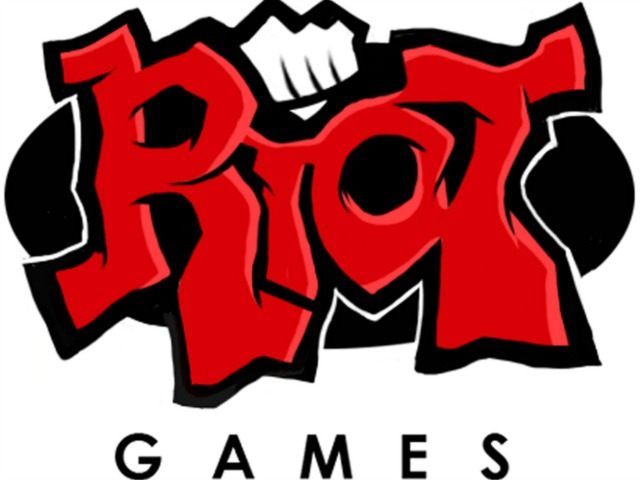Riot Games’ Mid Season Invitational (MSI) is one of the centrepieces of the League of Legends calendar. Held between the Spring and Summer seasons, the event aims to bring some of the best teams from across the world to compete against each other, something that doesn’t happen frequently in the region focused structure for competitive LoL.
As such, the event enjoys a huge viewership from fans who want to see how the best teams from each region match up against the others. Along with the teams, Riot also usually assembles the best commentary team, with fan favourites and regional experts, to augment the viewer experience. This time however, due to a dispute over pay, this won’t be happening.
The English speaking broadcast team from the Korean LoL league, ran by eSports stalwarts OnGameNet, are made up of three fan favourites. Not bound by Riot’s stringent demands about behaviour, the team of Christopher “MonteCristo” Mykles, Erik “DoA” Lonnquist, and Chris “PapaSmithy” Smith have earned multiple plaudits for their refreshing take on League of Legends commentary. When they came to negotiate their fee for the MSI event, however, they believed that the offer they received was well below the industry standard for broadcasting talent across eSports as a whole.
While the commentators did enter into a negotiation with Riot Games, providing examples of other commentators who receive higher rates of pay from other eSports titles, Riot only offered a nominal increase, still below what the group considered market value for their services. This prompted them to make an announcement that they would not be part of MSI and to explain why, putting the spotlight again on Riot Games and the way they interact with industry figures outside of their company.
In the statement, the commentary trio made it clear that they felt accepting a rate that didn’t represent market value would have a negative impact on the industry. “Furthermore, by agreeing to a significantly lower wage we fear that we may contribute to the regression of standards for freelance casters in the industry as a whole,” a highlighted segment read.
There is no doubt that Riot Games could certainly afford the going rate for their services. Superdata Research estimates that in 2015 League of Legends earned over $1.6 billion in revenue, the most of any online game in the world for that year. Riot Games was also recently subject to a full buyout from its parent company, Chinese company Tencent Holdings, who themselves hit a market cap of $200 billion in 2015. Estimates also place Riot as having over 1,000 employees worldwide, despite only having one game in their portfolio, a stark contrast to the likes of Valve who have approximately 350 employees despite numerous award winning games in their portfolio and the largest digital PC games distribution platform in the industry.
Not everyone in the business of League of Legends thinks that the stance taken by the on-air talent is acceptable. Christopher Pankhurst, a British commentator who has fallen out of the limelight of late, took to Twitter to voice his opinion about the public spat. “Count up the amount of casters Riot has, the fact they even offer spots to outside sources is generous on its own,” he said before adding, “If you want to decline after that, fine. But don’t go acting like its some moral obligation to other free lancers.” He also described being invited to commentate for an event of MSI’s stature as being “an honor.”
The subject of payment and treatment of broadcast talent has certainly become a hot topic of late. Following the acrimonious split between James “2GD” Harding and Valve when the host was fired from the Shanghai Major tournament after just a day due to disagreements with production staff, Valve boss Gabe Newell himself took to Reddit, declaring Harding to be “an ass” that they would never work with again. From Harding’s viewpoint, he had been harshly dealt with and in a long response he pointed to some of the occasions he had used his influence in the Dota 2 community to challenge Valve into getting better pay for on air talent, who he claims at some Valve events weren’t even being paid a fixed amount.
The resulting fallout prompted veteran host and broadcaster Paul “Redeye” Chaloner to speak openly about the requirement for a “talent union,” pointing to the amateurish way some tournament organisers treat their broadcasting talent. In an opinion piece on esSorts editorial website Splyce.gg, he acknowledges “with the influx of money to esports and the professional standards asked of esports broadcasters, it is right that those at the top of their profession are paid appropriately.”
Riot Games has remained typically quiet on the resulting negative outcry from disappointed fans. It is clear though that there is a flaw in the argument that, at a time when eSports is receiving record levels of investment and turning record levels of profit, the on-screen talent that make it accessible to millions aren’t worth paying.

COMMENTS
Please let us know if you're having issues with commenting.